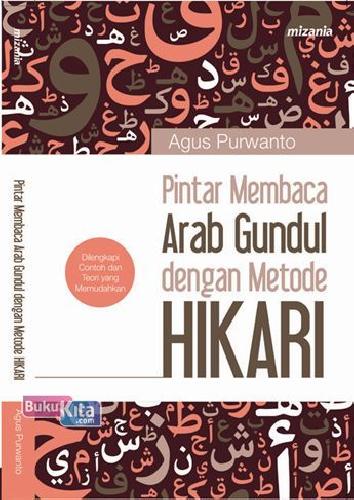


how a particular Arabic consonant assimilates). Pages in the book often contain notations on the top Each volume began with a teaching instruction. The Iqro book consists of six volumes, sometimes sold separately in different colors and sometimes bound together as one physical book. The rest of the page allows practice with this new lesson, as well as the previous lessons such as letters in isolation. The new lessons in this page-how certain Arabic letters are written in non-isolated forms-are introduced on top. Content Ī page from the second volume of the book (called "Iqro 2"). This method also emphasizes teacher-student relationship at a personal level. This method uses a textbook called Qa'ida Baghdadiyya ma' Juz Amma, and uses a technique to spell out each letter and vowel markings in local languages before pronouncing a complete word (e.g. Prior to the popularity of Iqro, many taught Quranic reading using a method known as the "traditional" or "Baghdadi" method, which is still used today although to lesser extent. In addition, students must also learn a special set pronunciation rules for Quranic recitation known as the tajwid. Some Arabic phonemes (such as /θ/ for ث) do not appear in Indonesian languages and take training to pronounce correctly. Therefore, to read the Quran in the original Arabic, Indonesian Muslims must learn Arabic letters and the pronunciations. Pada tahun itu pula Fakultas Syariah oleh Program Studi Ekonomi Syariah (ES) menerbitkan (13) JIEF: Journal of Islamic Economics and Finance.Indonesia has a majority Muslim population, but the population is not Arabic-speaking and the Arabic letters are not usually used except in religious contexts.

Masih di tahun yang sama, Fakultas Dakwah oleh Program Studi Komunikasi dan Penyiaram Islam (KPI) menerbitkan (11) JCS: Journal of Communications Studies, sedangkan untuk Program Studi Pengembangan Masyarakat Islam (PMI) menerbitkan (12) JCD: Journal of Community Development and Disaster Management. Pada awal tahun 2021, Fakultas Tarbiyah oleh Program Studi PGMI menerbitkan (9) Basica: Journal of Arts and Science in Primary Education, dan Program Studi PIAUD dengan (10) Absorbent Mind: Journal of Psychology and Child Development. Tahun 2020, LP2M kembali menerbitkan jurnal khusus bidang Pengabdian kepada Masyarakat, (6) Amalee: Indonesian Journal of Community Research and Engagement dan Program Studi Pendidikan Bahasa Arab menerbitkan (7) Aphorisme: Journal of Arabic Language, Literature, and Education. Pada tahun yang sama Fakultas Syariah menerbitkan (5) Al-Manhaj: Jurnal Hukum dan Pranata Sosial Islam. Pada tahun 2019, Fakultas Tarbiyah menerbitkan (4) Scaffolding: Jurnal Pendidikan Islam dan Multikulturalisme. Selanjutnya (3) Muharrik: Jurnal Dakwah dan Sosial diterbitkan oleh Fakultas Dakwah pada tahun 2018. Pada tahun 2008, LPPI Program Pascasarjana menerbitkan (2) Qalamuna: Jurnal Pendidikan, Sosial dan Agama. (1) Al-Adabiya: Jurnal Kebudayaan dan Keagamaan, jurnal tingkat institut yang mulai terbit sejak tahun 2005 dengan pengelolaan LP2M. Hingga saat ini terdapat tiga belas jurnal dengan fokus dan skop yang beragam, yakni: Omah Jurnal Sunan Giri (OJSG) adalah portal pengelolaan jurnal ilmiah yang ada di lingkungan Institut Agama Islam Sunan Giri (INSURI) Ponorogo.


 0 kommentar(er)
0 kommentar(er)
